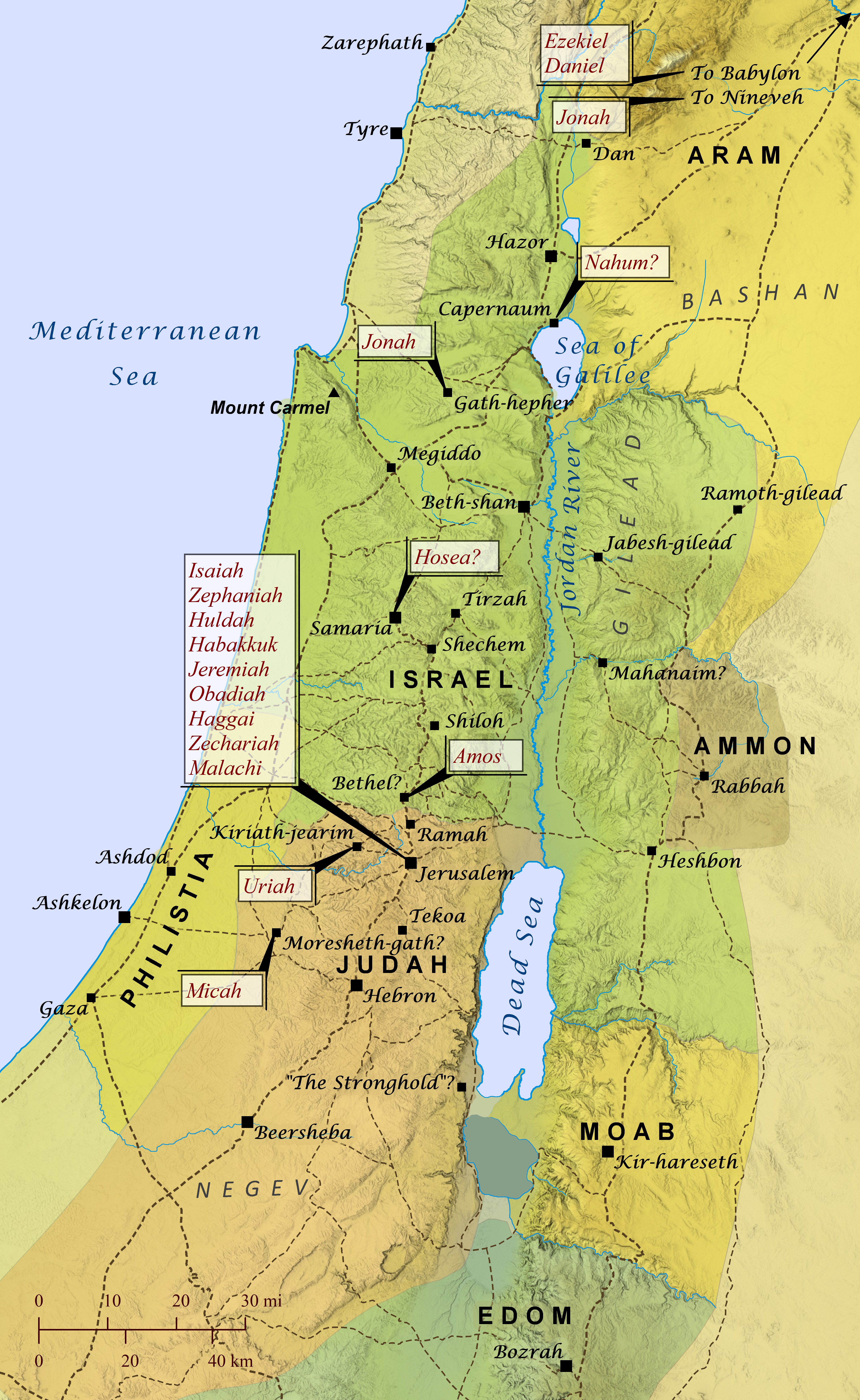Readers’ Version
Literal Version
1:1 Yisrael urged to turn to Yahweh
1 In the eighth month of the second year of the reign of Persian King Dareyavesh (Darius), Yahweh spoke through the prophet Zekaryah (Zechariah, son of Iddo’s son Berekyah) saying,[ref] 2 “Yahweh was very angry with your ancestors, 3 so tell this to the people: Army commander Yahweh says that if you all turn back to me, I’ll return to you. 4 Don’t be like your ancestors who’d been told by the prophets that army commander Yahweh wanted them to abandon all their evil practices, but they wouldn’t listen or pay attention. That is Yahweh’s declaration.
5 “So where are you ancestors and the prophets now? Do they live forever? 6 But your ancestors didn’t obey my words and my decrees that I commanded through my servants the prophets, but they eventually repented and said, ‘Army commander Yahweh has done to us just what our ways and actions deserved.’ ”
2 YHWH He_was_angry towards ancestors_of_your(pl) anger.
3 And_say to_them thus YHWH he_says hosts return to_me the_utterance_of YHWH hosts and_return to_you(pl) YHWH he_says hosts.
4 Do_not be like_ancestors_of_your(pl) whom they_proclaimed to_them the_prophets the_former to_say thus he_says YHWH hosts turn_back please from_ways_of_your(pl) the_evil and_deeds_of_your(pl)[fn][fn] the_evil and_not they_listened and_not they_paid_attention to_me the_utterance_of YHWH.
5 Ancestors_of_your(pl) where are_they and_the_prophets the_to_forever do_they_live.
6 Nevertheless messages_of_my and_regulations_of_my which I_commanded DOM servants_of_my the_prophets am_not did_they_overtake ancestors_of_your(pl) and_repented and_they_said just_as he_planned YHWH hosts for_doing to/for_us according_to_ways_of_our and_according_to_deeds_of_our so he_has_done with_us.
1:4 OSHB variant note: ו/מעלילי/כם: (x-qere) ’וּ/מַֽעֲלְלֵי/כֶ֖ם’: lemma_c/4611 n_1.0 morph_HC/Ncmpc/Sp2mp id_38fsu וּ/מַֽעֲלְלֵי/כֶ֖ם
1:4 OSHB note: We agree with both BHS 1997 and BHQ on an unexpected reading.

